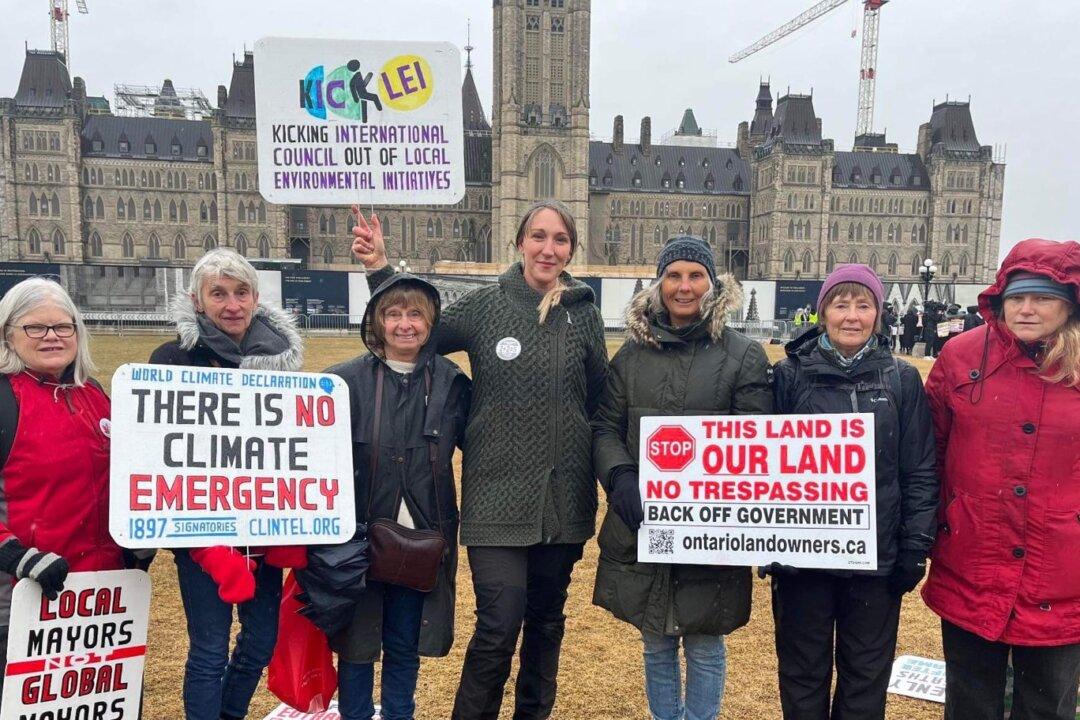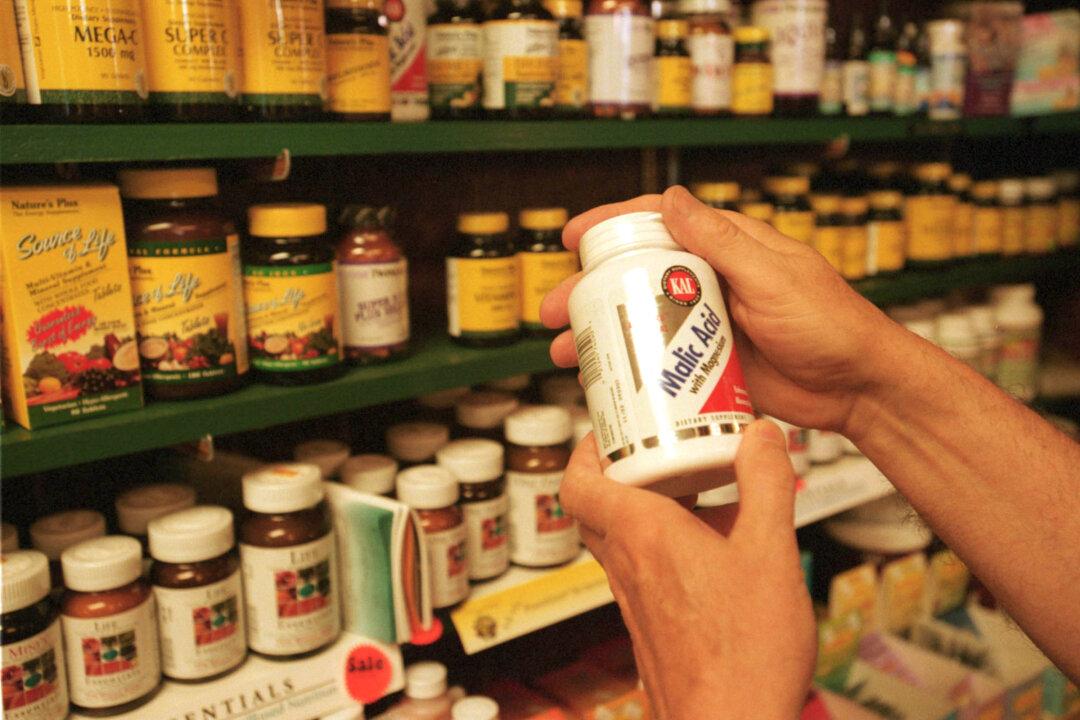VANCOUVER—In 11 chilly cities stretching from Ottawa to Whitehorse on March 9, the Stand United freedom movement held rallies focused on warning Canadians about potential fallout from the World Health Organization’s Pandemic Prevention, Preparedness and Response Accord, expected to be voted on in May.
Stand United founder James Davison of Abbotsford, B.C., has organized nationwide rallies for more than two years to bring awareness about what he feels have been abusive government policies and infringements on citizen freedoms. He also hopes to inspire people to respond, saying if Canada agrees to the final draft of the WHO treaty, rights and freedoms are ripe to be taken away by people Canadians didn’t elect.





